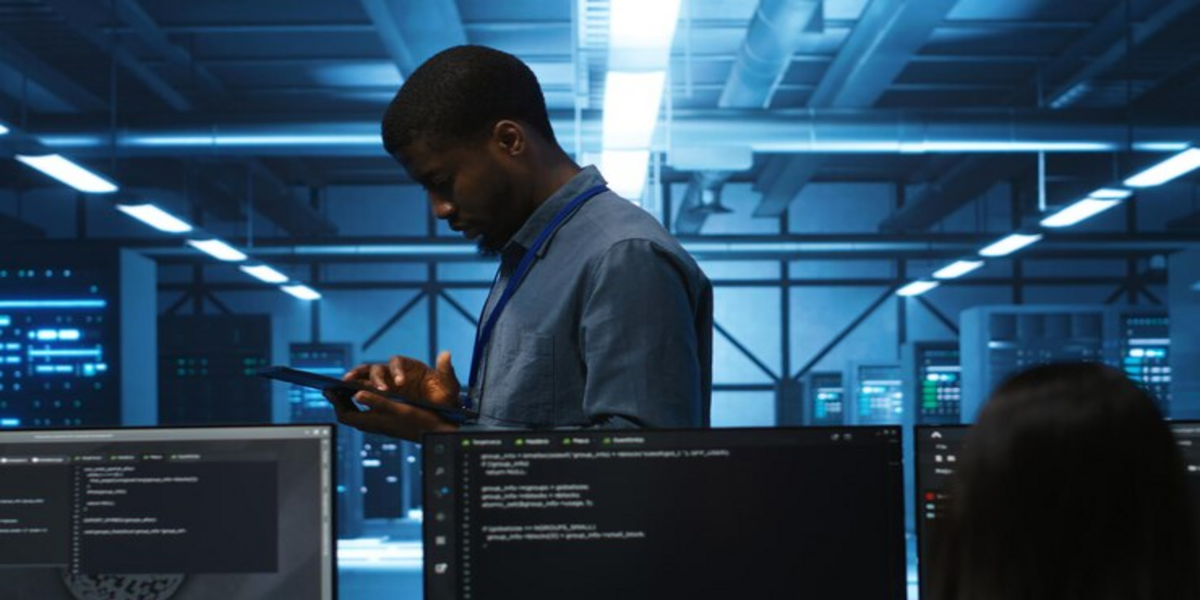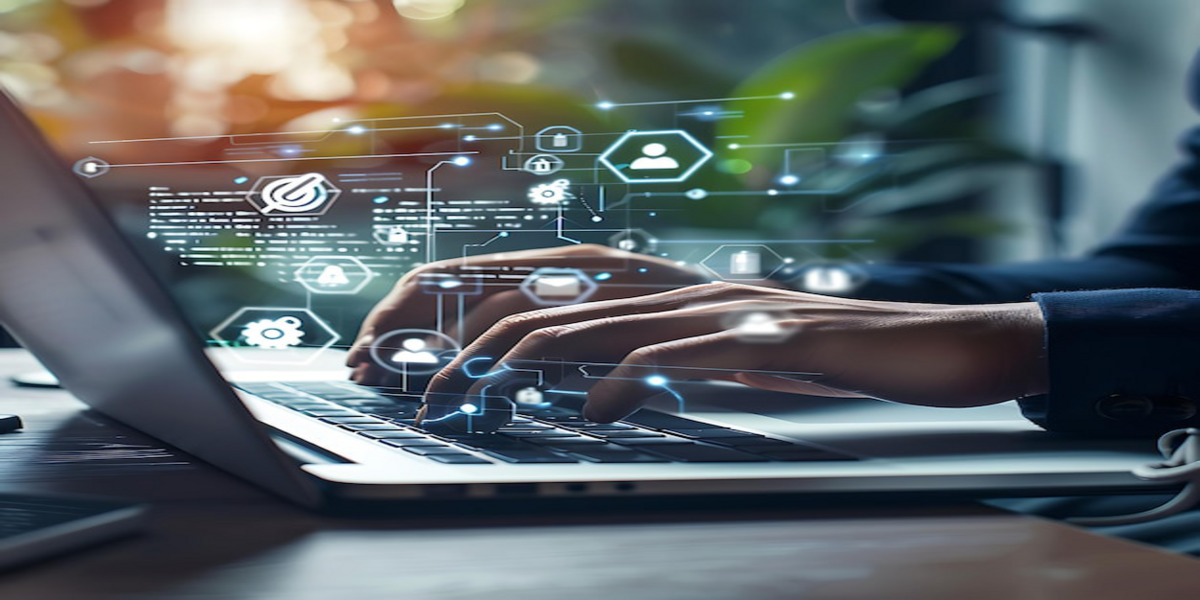The whole world shifted to remote work in the wake of COVID-19. While some organizations quickly adapted to the rapidly changing situation, some took time to develop new security protocols for the transition. In any case, remote work has become the new norm in post-COVID life. Some businesses have completely transitioned to cut down losses, increase profit margins, and boost performance.
However, business enterprises have also had to adopt stricter IT security measures to protect the network infrastructure. Remote work sounds convenient, but it gives rise to many cybersecurity challenges that are difficult to deal with since there is no single physical workspace.
Consequently, experts in cybersecurity services have devised alternate IT security measures to help you beef up remote workspace cybersecurity for employees.
IT Security Measures
Here are some unique IT security measures that can help remote workspaces work as a single cohesive unit managing all cybersecurity threats.
Understanding Cybersecurity Threats of Remote Workspaces
Companies need to identify the security threats associated with remote workspaces to develop better IT security measures. One of the most important things is to rigorously vet and screen all software applications required for remote work.
A synchronized work environment helps ensure good communication, teamwork, and cooperation among employees and business leaders. Instructions should be simple and easy to follow steps and must guide the workers on installing a standard list of vetted software packages ranging from conferencing apps to online office suites.
IT experts can help test the vulnerabilities in applications and software programs to decide on the best choice. Consequently, they can email the list to all staff and business leaders to maintain workspace homogeneity to level out the field, thereby eliminating any weak links.
Employee Monitoring System
Implementing an employee monitoring protocol is one of the best IT security measures to prevent internal and external threats. An employee monitoring system helps you safeguard your data against cybersecurity threats, prevent data loss and intellectual property theft, and implement IT security protocols promptly.
Ensure Endpoint Protection
It is the job of the IT department to ensure the remote workspace has the necessary IT security measures for employees to work safely from anywhere. It involves implementing an endpoint protection program to protect the organizational network.
While remote workers need to update security features and use anti-malware software programs regularly, the company needs to expand its horizon and reinforce organizational security with new features, such as using EDR systems and DLP modules.
Endpoint Detection and Response
The Endpoint Detection and Response system, also called EDR, is custom-tailored to analyze cybersecurity threats from computer workstations and other endpoints. Its specificity allows it to be better than antivirus software for finding security breaches and initiating a quick response. A protected endpoint user means your organization’s data stays protected.
Ensure Confidentiality with Data Loss Prevention Modules
Since remote employees do not share the company Wi-Fi, different problems can arise that can result in the loss of data. This involves the worker maintaining workplace professionalism and the company providing a system ensuring the security of sensitive data. Companies can do this by using data loss prevention modules.
DLP modules are one of the most robust IT security measures for remote workspaces. In fact, it’s one of the leading cybersecurity services provided by experts. It does several important things. First, it establishes an immaculate file tagging system to track data usage on endpoints.
Second, it can analyze messages which contain sensitive data, such as login credentials, employee records, or bank account details. Similar information raises red flags (information security breach), and the module records the incident in its internal log. It makes it easier for IT specialists to detect and respond to organizational cybersecurity threats.
Upgrade DNS Security and Provide Enterprise VPN Services
DNS security applications are one of the best cybersecurity services for protection against malware attacks. Companies should improve DNS security and instruct employees to use virtual private networks to ensure robust endpoint security.
Enterprises can hire professional companies that provide cybersecurity services to enhance DNS security at endpoints. As a result, malicious sites can be blacklisted to protect the endpoint user from malware attacks, such as phishing scams.
Similarly, companies should ensure that workers use a VPN to establish a secure connection with the organizational network. Enterprise VPN services provide an additional layer of IT security to safeguard against malware attacks. Although employees should never use free public Wi-Fi, using an enterprise VPN can help prevent eavesdroppers from intercepting official data.
Using a secure Wi-Fi network is another vital tip to prevent the loss or theft of data by protecting against DNS spoofing.
Remote Access and Network Security Privileges
Developing remote access protocols is one of the most important IT security measures to protect data and company clients. As such, carefully select connection ports since hackers often target RDP servers established through Port 3389.
Similarly, avoid establishing open remote access. However, if one needs to be created, ensure that only the static IP addresses of workplace employees are allowed to establish connections.
Moreover, ensure that the IT department configures all corporate services according to the latest IT security measures. This includes protecting, setting up passwords, and enabling multifactor authentication for employees.
Similarly, network security privileges should be established to limit unauthorized use of IT infrastructure and company networks. A hierarchy of the users should be created to divide business executives, IT specialists, employees in authoritative positions, third-party contractors, and the general workforce.
Business executives and employees have a more prominent role in the company hierarchy. They are provided with the most privileged accounts with access to the complete set of applications and permissions to make changes across the network.
The general workforce is given the least privileged standard user accounts with limited access since they don’t need to use all corporate services or make changes across the entire network.
Similarly, third-party contractors are granted guest user accounts, and privileges are decided based on the required system exposure and network access.
These alternative IT security measures can help you establish protected remote workspaces that ensure your organization’s overall security. For more information and cybersecurity services, contact us at Microsys. Our experts offer a wide range of cybersecurity services and IT security measures for conventional and remote workspaces for all types and levels of enterprises.



